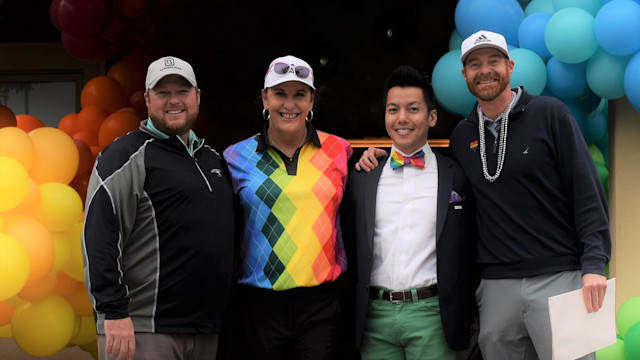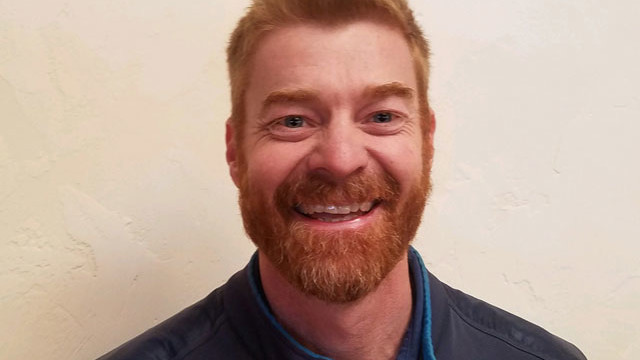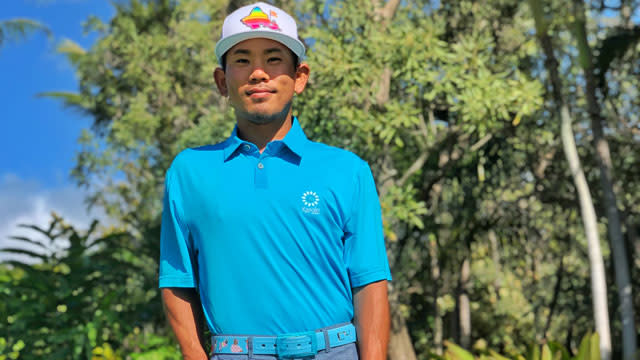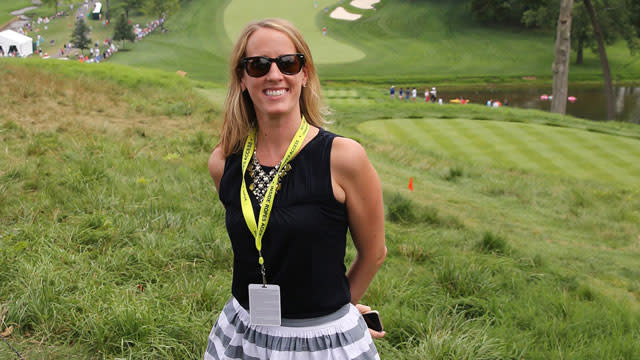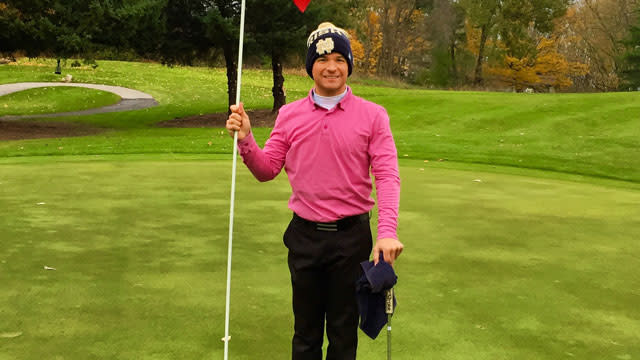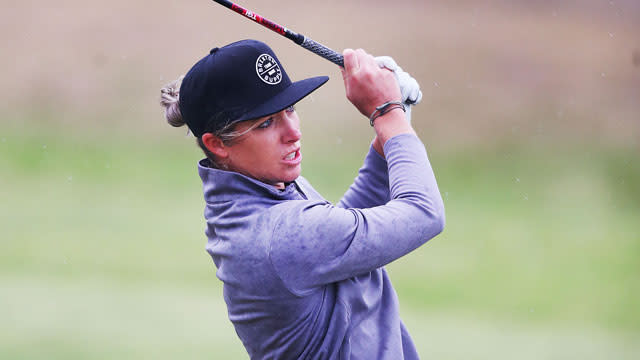From the PGA
Inclusion Shines Through at the Inaugural Pride Day at the PGA Championship
By Charles Dillahunt, PGA of America
Published on
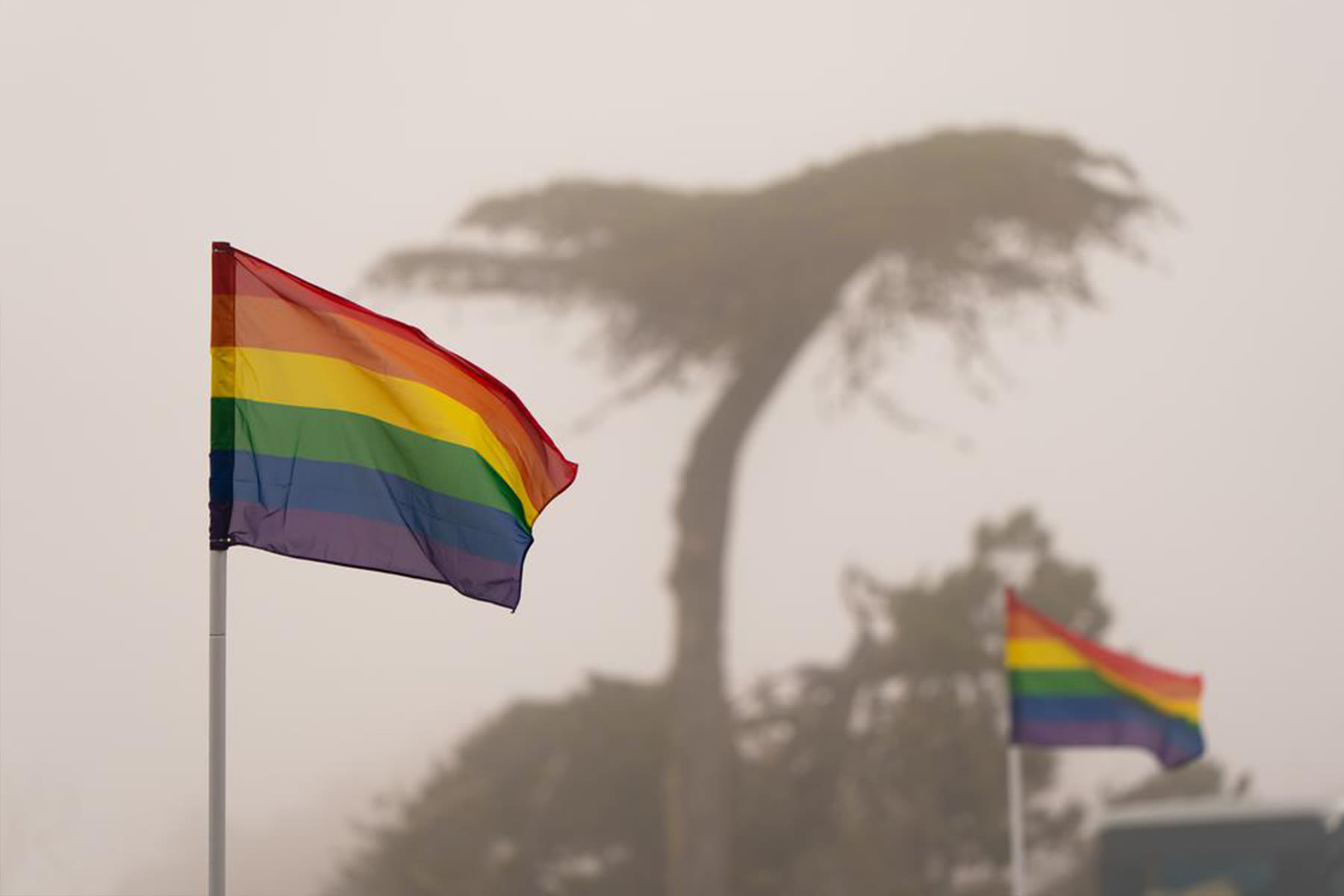
The PGA of America hosted its first-ever “Pride Day at the PGA Championship” via a virtual gathering to celebrate the inclusive history of the city of San Francisco and inspire the future of the game.
Originally scheduled for an onsite activation at TPC Harding Park, site of this week’s 102nd PGA Championship, the event was moved due to COVID-19 concerns to an online medium, in order to keep the history-making effort by the PGA of America at a major championship possible.
Pride Day included a Virtual LGBTQ Pride Panel discussion, entryway Pride flags flying at TPC Harding Park and Pride lapel pins available in the locker room for staff, caddies and the players themselves to wear this week.
This is just one of many inclusion activations the PGA of America has embarked on, as it first intentionally placed inclusion and diversity as a part of its long-term strategic plan in 2014.
“We’ve been dedicated to educating our Members on the fundamentals of inclusion and diversity for more than five years now,” said PGA of America Chief People Officer Sandy Cross. “Not only because we feel it’s the right thing to do and the human thing to do, but because it’s also great for business. The more we share with our PGA Members about LGBTQ inclusion, the more they become comfortable with the topic. We continue to shift from the why, to the how, and place emphasis on showing them how to operationalize inclusion at the local level.”
The panel was moderated by PGA Professional Greg Fitzgerald, who was instrumental along with San Francisco Pride in making sure the volunteers for this year’s event received LGBTQ+ community education prior to working the event.
“Personally I’ve never felt more comfortable at work and on the course since the PGA of America has become more intentional in their efforts to support the LGBTQ community,” added Fitzgerald. “I ask that the leaders of golf continue to invite our community and other minorities in each day. Golf must become more accepting if we want it to grow.
Other notable panelists were former professional golfers Maya Reddy and Tisha Abrea, who both shared personal experiences, and how an accepting golf culture can help grow the game in the future.
“There has been so much support from the community in recent years from sponsors like Mastercard and AT&T,” explained Abrea. “Seeing these big brands become more supportive and show it on social media...personally makes me feel way more welcome and accepted at events they sponsor in golf.”
“To feel so torn down by something you love and are really good at hurts like hell,” added Reddy. “But no matter what happens in this sport or society, the community needs to realize they do belong in this sport, and they do deserve to play it as well. It’s a sport. If you love it, play it.”
The PGA of America continues its efforts to bring greater inclusion to the industry beyond Pride Day at the PGA. For more on the PGA’s commitment to a game, a workforce and a golf industry supply chain that mirrors America, visit PGAImpact.org, or email inclusion@pgahq.com.
